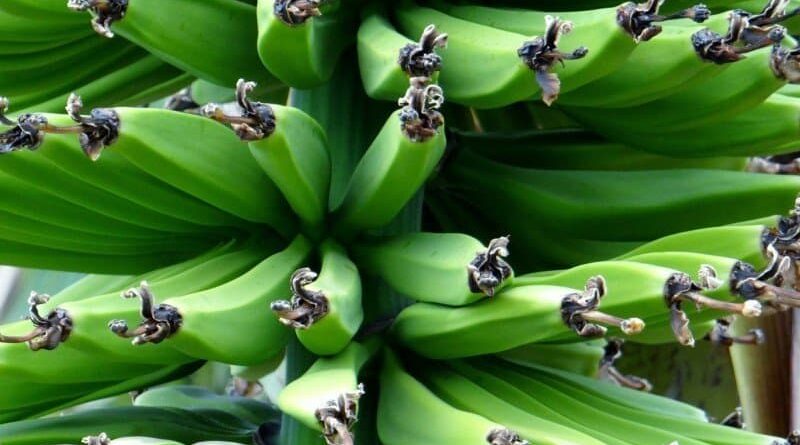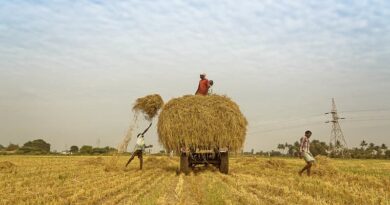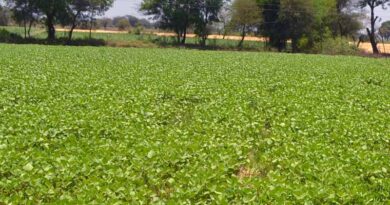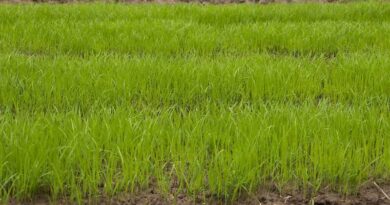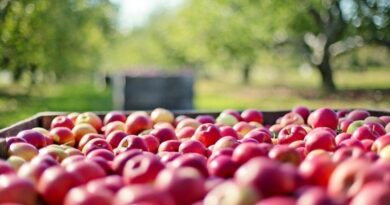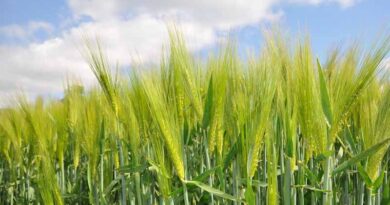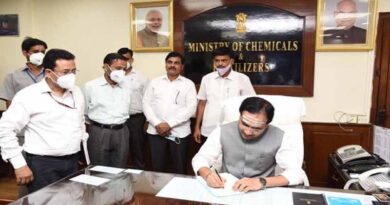Use of Chemicals and Pesticides for Ripening of Fruits in India
18 September 2020, New Delhi: The Union Minister of Agriculture, Mr. Narendra Singh Tomar in Rajya Sabha today responded to a query on use of chemicals and pesticides for ripening of fruits in India.
Also Read: Rs. 4686 crore of PM Crop Insurance transferred to 22 lakh farmers in Madhya Pradesh
As per the information provided by the Food Safety and Standards Authority of India (FSSAI), Ministry of Health and Family Welfare; sub-regulation 2.3.5 of Food Safety and Standards (Prohibition and Restriction on Sales) Regulations, 2011 is related to “Prohibition of use of Calcium Carbide in ripening of fruits”.
According to this sub regulation, “No person shall sell or offer or expose for sale or have in his premises for the purpose of sale under any description, fruits which have been artificially ripened by use of acetylene gas, commonly known as carbide gas.
However, ripening of fruits by using ethylene gas at a concentration upto 100 ppm (100µ/L) depending upon the crop, variety and maturity has been permitted. Ethylene is a safer alternative. It is also produced in the fruits naturally to stimulate their ripening in a natural way.
FSSAI Guideline
The Food Safety and Standards Authority of India (FSSAI) has developed a Guidance Note No.04/2018 on “ARTIFICIAL RIPENING OF FRUITS – Ethylene gas- A safe fruit ripener” and shared through its website i.e. www.fssai.gov.in and social media handles. The purpose of this guidance note is to create awareness related to different aspects of artificial ripening of fruits among food business operators/traders, consumers and food safety officials. It also includes Standard Operating Procedure detailing all facets of artificial ripening using ethylene gas.
Also Read: Bills aimed at transforming agriculture in India cleared by Lok Sabha
Implementation and enforcement of Food Safety and Standards Act, 2006 and Rules and Regulations made thereunder primarily lies with State/UT Governments. Regular surveillance, monitoring, inspection and sampling of food products, including fruits and vegetables, are being carried out by the Food Safety Officers of States/UTs and appropriate penal action is initiated as per the provisions of FSS Act, 2006 against the defaulting FBOs.
FSSAI at present has a network of 264 laboratories across the country comprising of 246 laboratories for primary testing recognized & notified under section 43(1) of FSS act 2006; and, 18 laboratories for appellate (referral) testing recognized & notified under section 43(2) of FSS act 2006. Most of these laboratories have the facilities to check calcium carbide.
Photo on VisualHunt.com

